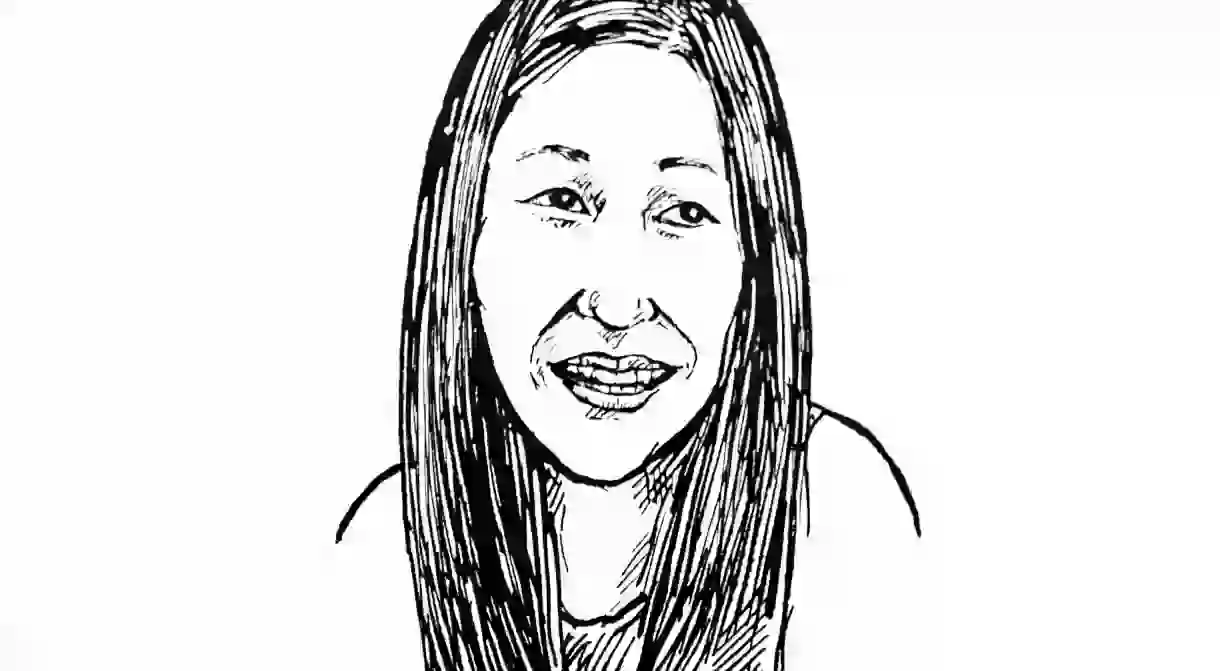20 Translators Under 40: Mui Poopoksakul

As part of our “20 Literary Translators Under 40” series, we interviewed Thai language literary translator Mui Poopoksakul.
Specializes in: Contemporary Thai fiction
Recent translations: The Sad Part Was by Prabda Yoon
Read: “Ei Ploang” a short story by Prabda Yoon
What are you currently translating?
I’m working on a story collection by Duanwad Pimwana, a contemporary Thai woman author I admire. Her work is a mix of social realism and magic realism, and she’s a master at rendering people who got the short end of the stick in life. In style and substance, her writing is completely different from Prabda Yoon’s, which is a nice challenge for me as a translator. I will translate more Prabda, too. Hopefully it will be a novel or novella instead of short stories next time. We’re just starting to talk about it.
What approach or procedures do you take when translating?
I do a really rough first draft, with lots of brackets and notes to self, just to get it all into English. I read the second-to-last draft out loud to myself. How many drafts there are in between sort of depends on whether I’m having a good writing day.
What kinds of works or regions do you gravitate toward?
I focus on contemporary Thai literature. My personal taste tends toward works that are formally avant-garde in some way, but when I’m taken with a book that is against type for me, that feels really special — which brings me to my next answer.
Who or what are some untranslated writers or works that you would like to see in English? Why?
I’m fighting for Duanwad Pimwana’s Changsamran (Sunny Boy). It’s an episodic novel about a little boy left behind by his parents, a sort of bildungsroman that takes place in a town on the Thai east coast. This novel really charmed me even though it isn’t necessarily the sort of thing I usually go for. But Thai literature hasn’t seen a lot of translation, so there’s lots to choose from. I was really happy when Words without Borders asked me to guest-edit their Thailand issue because I could help introduce a range of writers.
What are some of the more interesting literary developments happening in the language or region you translate from?
Narrative non-fiction seems to be a growing trend.
What is a recent translation challenge you faced?
Because I translate from Thai, a constant one for me is how to deal with pronouns and honorifics, which are highly specific and nuanced in Thai – they go much, much beyond the French tu/vous or the German du/sie. I think different texts require different solutions. I’m getting more used to thinking about the issue, but I never want to treat it lightly, because these markers can be so identity-shaping.













